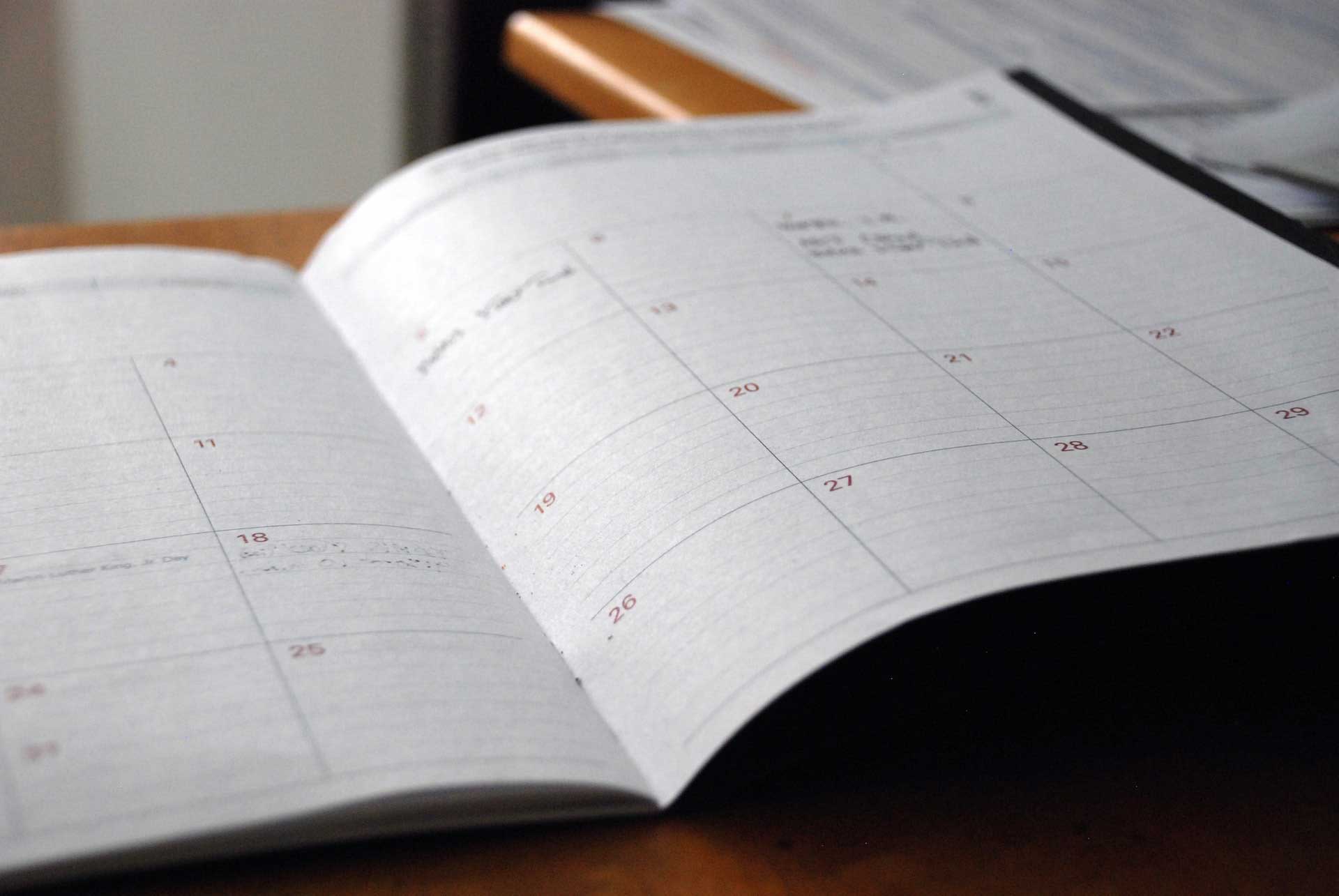
The Board of Education is asking for public feedback into the 3-year School Calendar. Please see the brief introduction and add your thoughts to the short survey linked just below. A Frequently Asked Questions section can help you further understand the process and results.
Annual School Calendars
The School Act requires that all school districts in British Columbia develop their own school calendars. School calendars must provide the minimum number of prescribed instructional hours identified in the School Calendar Regulation B.C. Reg. 314/12.
All BC school districts are required by the provincial School Act and the School Calendar Regulation B.C. Reg. 314/12 to prepare an annual school calendar for their school district. Prior to 2012, the provincial Ministry of Education established a Standard School Calendar for all BC schools to follow.
Calendars must be prepared in accordance with the requirements and timelines indicated in the School Act and School Calendar Regulation. The School Calendar Regulation identifies a minimum number of instructional hours that must be provided to students in each school year.
By March 31st of each year, the Board of Education is required to submit a school calendar for the coming school year to the Minister of Education. Boards may prepare and provide calendars for up to 3 consecutive years.
Take our Survey
Frequently Asked Questions
Who creates the School Calendar?
The Associate Superintendent, with input from Senior staff, prepares a Draft Proposed School Calendar for the Board to consider. The drafts are based upon previous year’s calendars, the Collective Agreement language and previous years consult comments as well as Ministerial requirements.
Who makes the final decision on the School Calendar?
The Draft Proposed School Calendar is provided to the Board of Education for their initial review. The finalized draft Proposal is made available for Public Comment and the comments received are compiled and provided to the Board. The Board then decides whether to accept the Proposed Calendar as prepared or to make changes to it. The Board’s final decision occurs at a regularly scheduled Public Board Meeting; historically, this has occurred at the Board’s March meeting.
How are the dates picked for the calendar?
In preparing calendars for the following three years, the dates are first rolled over and then refined based on the requirements of the School Calendar Regulation and the Teachers’ Collective Agreement. They are also compared to other Districts throughout the province to look for cohesion and alignment where possible. Previous feedback from community and partner groups is also taken into account.
The scheduling of Statutory Holidays is very clear. They are observed on the day upon which they fall, unless the day falls on a weekend, in which case they are observed on the following Monday. The scheduling of Statutory Holidays is either a requirement by law, or a contractual obligation under the Collective Agreements with our staff and their bargaining agents.
Some of the criteria remain as historical legacy from when the provincial Ministry of Education set the dates for all schools in the province.
Other aspects of the scheduling reflects the rights of our employees and their respective Unions under the agreed terms of their Collective Agreements (Contracts). For example, it is a requirement that staff be provided with an established number of non-instructional/Professional Development days and, in the case of our teachers, that they have the right to select these dates. The Employer (the school district) does not have the power to amend the dates selected by teachers under current contractual agreements.
Lastly, public consultation – through past surveys and collection of comments – has identified preferences for scheduling including, but not exclusive of:
- the spacing or balancing of non-instructional days throughout the school year,
- the grouping of non-instructional days with weekends and/or long-weekends rather than mid-week scheduling,
- a majority preference (to date) for a two-week spring break,
- alignment with the holiday dates set for the majority of school districts,
- balancing number of days and holidays within each the semester.
Can you change the criteria you have been using?
Each year, the school district collects public comments regarding the calendar proposed for the following year(s). Themes and trends in these comments are used to inform staff as to the desires of those who choose to share their preferences. The staff, and then the Board, consider the themes and trends that emerge from these comment periods and surveys, and, where new preferences emerge, adjust the scheduling selection accordingly.
With respect to those areas of scheduling that are impacted by Collective Agreements (Contracts) or legislation (Provincial laws), they will change only when the Agreements or laws change.
Why can’t the calendar be the same every year?
Some of the date options are impacted by the dates upon which Statutory Holidays are observed. Statutory Holiday dates are set by the provincial government and, in instances where they fall on weekend days, are observed in accordance with the terms of employee Collective Agreements (Contracts). On occasion, new statutory holidays are added and are now observed such as Family day in February and Nation Day of Truth and Reconciliation Day in September.
For example, the “traditional” first day of school is scheduled for the day immediately after Labour Day, and the Labour Day date varies from year to year. While it is always the first Monday of September, that may be as early as September 1st, with school then beginning on September 2nd. In other years, it will fall as late as September 8th, with the first day of school then occurring on September 9th.
Additionally, the occurrence of Easter and the Easter Friday/Good Monday holidays changes from year to year.
On occasion, the Ministry of Education adds new requirements for additional non-instructional time/days within the school year.
How can I best make my voice heard with respect to my preferences for calendar?
Each time a school calendar is established, the Board of Education is required by the Ministry of Education to make its proposed calendar available for public comment prior to adopting a final version. By participating in the comment process, your comments will be included among those provided to the Board. The greater the participation in the public comment process, the more informed the Board will be with respect to the opinions and preferences of our school communities.














